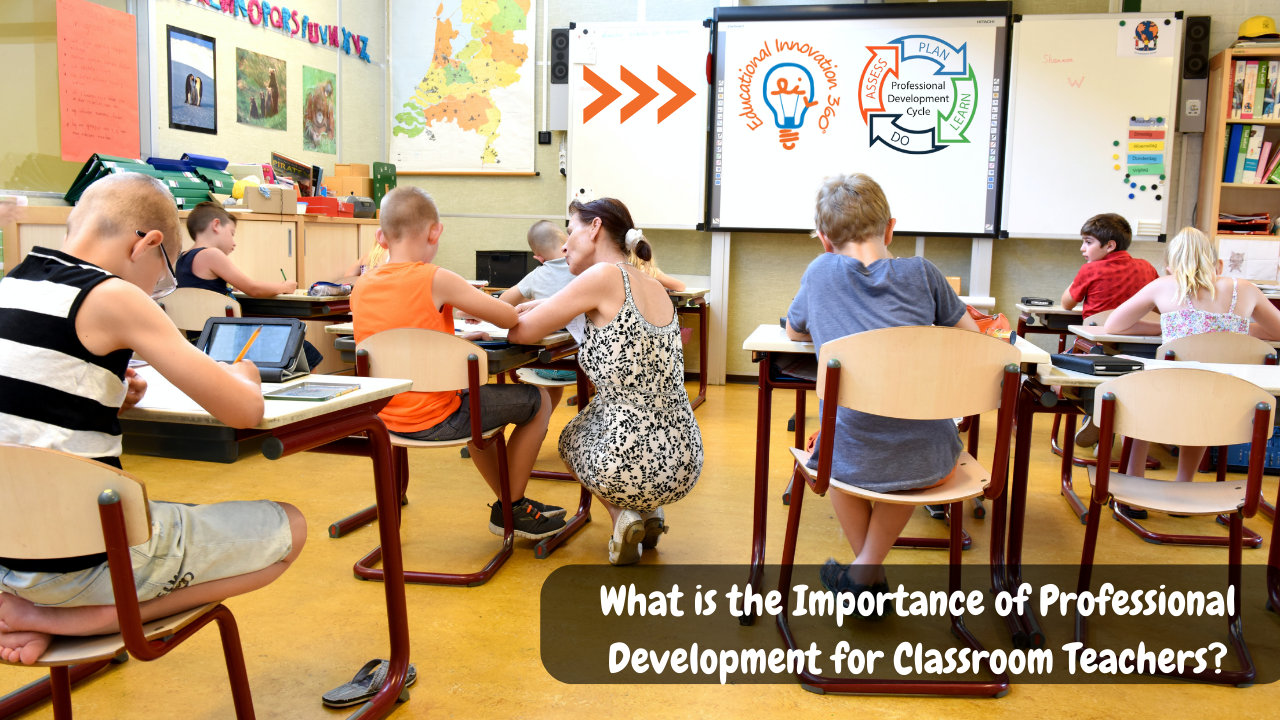This article explores the key factors influencing teacher retention. Once we understand these elements, school leaders can create supportive environments that help retain teachers and ensure a stable workforce.
Read MoreDiscover what motivates teachers to stay or leave their jobs. This study of 425 Wisconsin teachers reveals key factors influencing teacher retention, including job satisfaction, school leadership, and relationships with students and colleagues.
Read MoreAre you struggling to retain your best teachers? This blog post explores the top three factors that contribute to teacher satisfaction and retention. Discover how to create a supportive school culture, provide strong leadership, and foster intrinsic motivation among your teaching staff. By implementing these strategies, you can create a more positive and fulfilling work environment that will help you keep your teachers engaged and committed to your school.
Read MorePublic school enrollment is experiencing significant shifts due to the pandemic and changing demographics. While overall enrollment has remained relatively stable, underlying trends suggest potential challenges for school districts in the future.
Read MoreHey school leaders, If innovation can address challenges like unequal resources and prepare students for the future then why haven’t we fully transformed our schools? Here is how to measure the success of new ideas and the importance of skills like creativity and problem-solving.
Read MoreExplore the impact of the COVID-19 pandemic on education, and identify innovative solutions to support students, and find out how expanding financial aid and addressing mental health and childcare can make higher education more accessible.
Read MoreAre your students falling behind? It's not their fault! Traditional schools continue to widen the achievement gap. Hack the system with 5 powerful strategies to make schools equitable for ALL students.
Read MoreSchools striving to be leaders in Diversity, Equity, and Inclusion (DEI) are on the right track. Fostering a diverse and inclusive environment demonstrably improves academic achievement, student engagement, and cultural understanding. In such a community, every student feels valued and supported, reaching their full potential.
Read MoreDiscover how schools are revolutionizing how social-emotional learning (SEL) is integrated into the curriculum, transcending traditional teaching methods. Identify how the Needham School District, reveals how simple adjustments in daily routines and classroom interactions can profoundly impact students' emotional and social development.
Read MoreUnlocking true potential goes beyond IQ. Discover two evidence-based approaches to cultivate emotional intelligence in your classroom, empowering students to thrive academically and emotionally. Dive into the science and practical tools to unlock the secret weapon for success!
Read MoreDiscover the future of education in our latest content, and take a look at the transformative impact of artificial intelligence in classrooms. Join us as we explore how AI is reshaping educational paradigms, fostering collaboration, and enhancing learning experiences.
Read MoreDespite the importance of parental involvement in student success, teacher training programs and schools often struggle to equip new teachers with the necessary skills to effectively engage parents. When we incorporate comprehensive parent involvement training, we empower new educators with the knowledge and skills to foster strong partnerships with parents.
Read MoreHow do new teachers navigate the transition from structured college classrooms to the diverse and often chaotic real-world teaching environments? As they step into contemporary classrooms, they're met with unfamiliar teaching styles, unexpected challenges, and the need for effective observation and adaptation. With various learning styles and teaching methods at play, how can educators ensure they're embracing the best strategies for genuine student engagement and growth?
Read MoreExploring the alarming prevalence of teacher burnout, this blog delves into its underlying causes, signs, and impact on both veteran and new educators. It offers actionable strategies and insights for schools to foster a supportive environment, emphasizing mentorship, professional responsibility, and work-life balance
Read More📢 Ready to elevate your leadership skills? Join our Principal Sprint and start the new school year with confidence! Register now! #PrincipalSprint #LeadershipJourney #EducationLeadership
Read MoreAre you ready to harness the comprehensive assessment, data-driven decision-making, and targeted interventions offered by the ABC Success Metric Tool? Several schools have started, but if not this tool, then what are you using?
Read MoreDid you know, In Utah, you no longer need a teaching degree to teach; all you need is relevant professional experience? I’m not sure if we are ready to go there yet... let’s start by maybe increasing the teacher's salaries.
Read MoreNo teacher has all the answers, regardless of how knowledgeable or experienced they are. Click here to learn about the importance of professional development for classroom teachers.
Read MoreThe whole process of leadership in schools has made significant advances, and today the education system has been revolutionized due to technological advances so how are you transforming your school looking towards the future?
Read MoreHaving a discussion with students allows teachers to gauge background knowledge, and identify how much they remember from a previous topic so in order to engage in deep discussion these things are necessary.
Read More




















